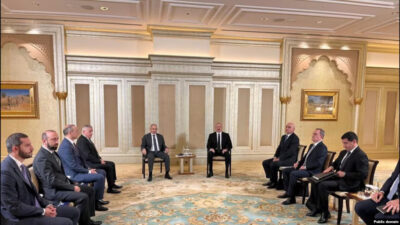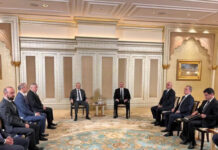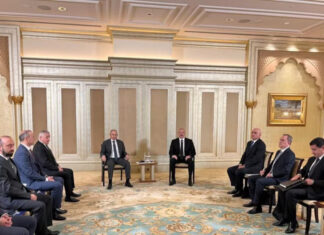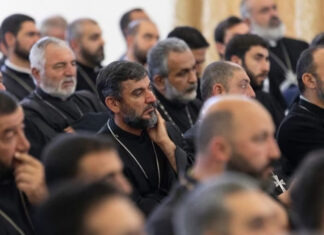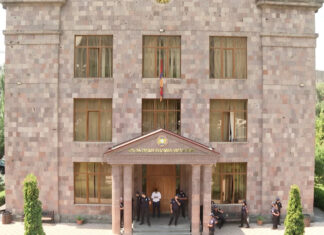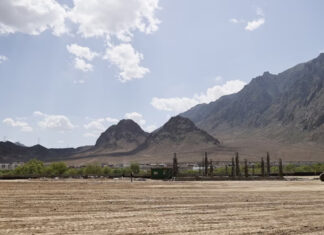While Armenia’s titular ally, the Russian Federation, is distracted by many incidents on its borders, Azerbaijan has been creating facts on the ground to make a final settlement with Armenia difficult or even impossible.
President Ilham Aliyev of Azerbaijan has stated that the defeated Armenia is a broken nation and it has to accept that fact and negotiate from that position. This is the mentality of Armenia’s enemy, which claims in international fora that it brings peace to the region.
Besides its 44-day war against Armenia in 2020, Azerbaijan had been conducting a war of attrition for the last 30 years and continues that war even after the ceasefire on November 9, 2020.
The main goal of that war of attrition is to render Armenia and Karabakh uninhabitable so that it can take over those territories.
Since Armenia became independent, 800,000 citizens have left it. Before the second Karabakh war, the population in that entire enclave was estimated to be 140,000. As of today, fewer than 90,000 of the displaced Karabakh Armenians have returned there, while beleaguered Armenia is extending massive support for rehabilitation and resettlement.
Since the signing of the trilateral ceasefire by Armenia, Azerbaijan and Russia, Armenia’s borders were incident-free only for four days.
